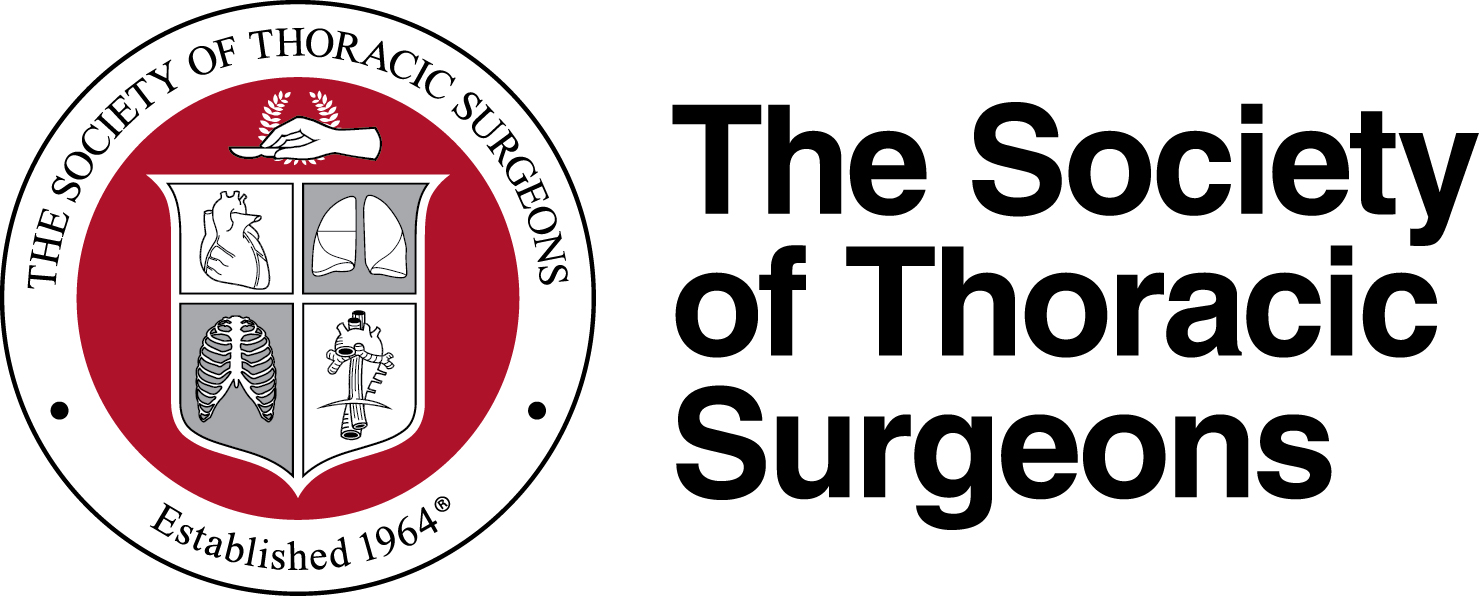Newswise — Chicago – Heart transplantation continues to be the “gold standard” treatment for end-stage heart failure, and a large number of patients now live 20 years or more after surgery, according to a study in the February 2014 issue of The Annals of Thoracic Surgery.
Hector Rodriguez Cetina Biefer, MD and Markus J. Wilhelm, MD, from the University Hospital Zurich in Switzerland, led a research team that examined long-term outcomes in 133 patients from their institution who underwent heart transplantation from 1985 to 1991.
Among those patients, 74 (55.6%) survived at least 20 years post-transplantation. The average age at transplant for the 20-year survivors was 43.6 years.
Major causes of death in non-survivors were graft rejection (21%), malignancy (21%), cardiac allograft vasculopathy (an accelerated form of coronary artery disease; 14.5%), and infections (14.5%).
“A remarkable number of patients survived 20 years or more following heart transplantation, confirming the procedure as the ‘gold standard’ for end-stage heart failure, at least for the time being,” said Dr. Wilhelm. “With continued improvements in immunosuppressive management in the coming years, we expect to see transplant patients living longer, healthier lives. It is still uncertain if mechanical circulatory support devices will be able to compete with heart transplantation in the future.”
Heart Transplantation Changed the Course of Cardiac CareIn an invited commentary in the same issue of The Annals, James Kirklin, MD, from the University of Alabama in Birmingham, discussed the success of heart transplantation as a treatment for end-stage heart disease and the changes the procedure brought to cardiac care.
“This study underscores the excellent long-term survival that can be achieved, even among patients who received a transplant in the early 1990s,” said Dr. Kirklin. “The fact that over half of patients were alive 20 years later should provide hope and the expectation that a new heart for most patients really is a ‘new lease on life.’ If patients take care of themselves, they can expect to have many years of good quality of life.”
He added that heart transplantation set the stage for other complex cardiac surgery endeavors. “Despite the limited number of patients who have received a transplant for end-stage heart disease, this procedure and the multifaceted discipline it introduced have had far-reaching effects on the field of cardiac surgery,” said Dr. Kirklin.
###
For a copy of the study or commentary, contact Cassie Brasseur at 312-202-5865 or [email protected].
Founded in 1964, The Society of Thoracic Surgeons is a not-for-profit organization representing more than 6,800 cardiothoracic surgeons, researchers, and allied health care professionals worldwide who are dedicated to ensuring the best possible outcomes for surgeries of the heart, lung, and esophagus, as well as other surgical procedures within the chest. The Society’s mission is to enhance the ability of cardiothoracic surgeons to provide the highest quality patient care through education, research, and advocacy.
The Annals of Thoracic Surgery is the official journal of STS and the Southern Thoracic Surgical Association.
MEDIA CONTACT
Register for reporter access to contact detailsCITATIONS
Annals of Thoracic Surgery, February 2014

